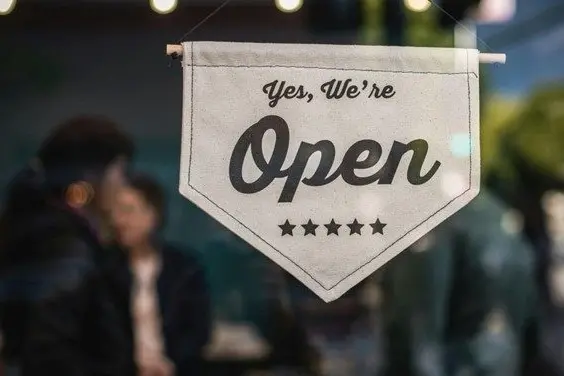PHOTO
Photo by Tim Mossholder on Unsplash
Starting a business in Victoria can be an exciting venture, but it will take time, effort and plenty of planning. You will need to ensure there is a market for your offering, understand any tax, HR or regulatory requirements that relate to your industry, and find the financial means to back starting up a company.
You will also likely need to engage the services of other providers such as an accountant, an advertising agency and someone who can manage e-commerce platforms such as a WooCommerce development agency.
With so much to consider, pre-planning is essential. Here are the six top things to consider before starting a business in Victoria.
1. Conduct proper market research
Understanding the current economic climate, the industry you intend to join, who your potential competitors might be, and what your target customer base will look like is all vital if you want your business to survive and succeed.
While some research methods, particularly if outsourced, can be costly, you can also utilise free avenues such as a simple Google search or social media management platforms to help you build an understanding of the competitor landscape, target audience, and how your business can fill a gap in the market.
2. Determine the structure of your business
Choosing the structure of your business will determine your legal obligations, tax requirements and liabilities, as well as impact the day-to-day business requirements such as how to handle payroll. There are three main business structures for new businesses in Victoria;
- Sole trader: a sole trader means running a business entirely by yourself, which is ideal for those going solo. There is no legal separation between you and business as a sole trader though, meaning if things go wrong there is potential for you to lose personal assets.
- Partnership: a partnership is an organisation created and owned by multiple individuals and is often used in family business situations.
- Company: a company is more complex than either a sole trader or partnership, however, it reduces personal liability as the business is its own independent legal entity.
3. Create a business plan
Having a business plan is essential to guide your new business activity effectively and productively.
A business plan should include a vision for your business, as well as short and long-term goals with plans on how to achieve them. The business plan should be signed off by all key stakeholders to ensure there is alignment on the strategic plan moving forward.
A business plan should also be reviewed regularly to track progress against goals, and it should be revised when needed based on the current business climate. It is also likely that lenders will want to see a solid business plan before approving a business loan.
The Victorian Government Business website offers a downloadable business plan to help you get started.

Creating a solid business plan is vital, especially for new start-ups. Photo by Headway on Unsplash.
4. Register your business name
When naming a business in Victoria, some rules and restrictions apply. This includes the use of undesirable words or phrases or using the name of a business that already exists. You can check the feasibility of a business name, or if a name is already taken, via the ASIC website.
When choosing a business name, one should consider if it is memorable, simple or unique. It is also worth checking if the name is already trademarked, and if the domain name (website) is still available - having a consistent business name in the market is important.
5. Register for any required licences, permits or registrations
A start-up business licence is not needed in Victoria, but depending on your line of work there may be other licences, permits or registrations you are required to complete.
The Australian Business Licence and Information Service website lets business owners search for any requirements they may need based on their industry or business type. Be sure to review this before opening your doors to the public.
6. Review resources to help you get started
Businesses in Victoria have a huge range of resources available to them. Take the time to review what could be helpful for your new business, and know there is help out there if you are willing to reach out for it. Some great starting places include:
- Business Victoria provides information, support and resources to help business owners develop essential skills when starting a new business, as well as finance, marketing and well-being tools, news on current and upcoming business grants, workshops and webinars.
- The Victorian Small Business Commission aims to help small businesses by supporting mental wellness, paying small businesses promptly, and supporting businesses through infrastructure disruption.
- Consumer Affairs Victoria is Victoria’s consumer marketplace regulator, which ensures a competitive marketplace for all.
Starting a business in Victoria is an exciting but complex journey. To set yourself up for success, you need to start with thorough market research and decide on the right business structure. A solid business plan will guide your actions and help you secure funding. Make sure to register your business name and get any necessary licenses or permits to operate legally. Take advantage of resources like Business Victoria and the Victorian Small Business Commission for support. With careful planning and the right resources, you can confidently navigate the challenges of starting your business in Victoria and pave the way for success.





